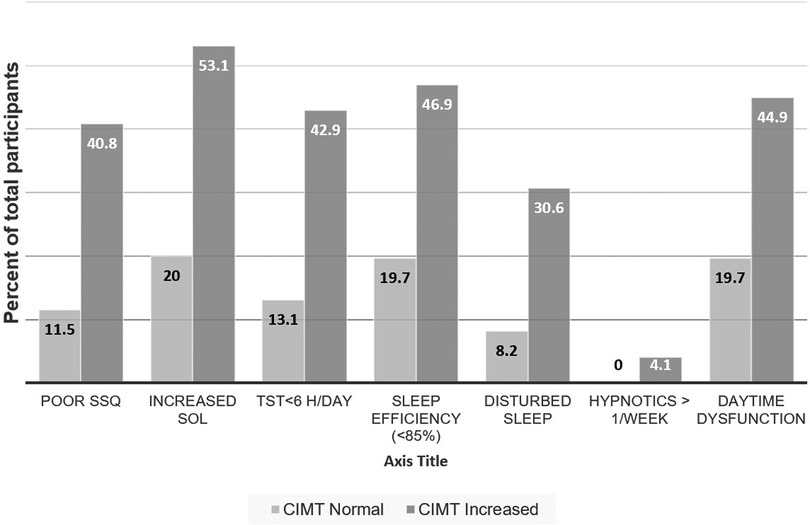Improve Sleep Quality Tips: Just two nights of bad sleep can make one feel 4 years older: How to improve sleep quality |


According to researchers, two nights of interrupted sleep are enough to make people feel years older than they are. When thinking about sleep and health, we commonly focus on sleep quantity and whether we are getting the recommended hours of sleep. While total sleep time is important, sleep continuity, or the ability to avoid interrupted sleep, is also crucial to consider.
Sleep is important for the proper functioning of our body as it is responsible for maintaining the homeostasis of the whole-body system. Poor sleep quality can have a detrimental effect on the quality of life. This is due to the fact that sleep is involved in repair and regeneration of various cells and tissues and thereby reversing the wake-dependent decline in cognitive capacity.
Effects of Interrupted Sleep:
Interrupted or fragmented sleep involves frequent awakenings during the night, disrupting the body’s Circadian rhythm. It contributes to insomnia sleep deprivation, daytime sleepiness, cognitive decline, mood disturbances, and the numerous other potential health consequences of insufficient sleep. Interestingly, about 48% of people report frequent nighttime waking or interrupted sleep.
While waking up once or twice throughout the night is considered normal, waking up frequently and not being able to sleep again can become problematic. Poor sleep, be it interrupted sleep or sleep loss, is also associated with long-term effects like significant neuro-behavioural impairment, including deficits in attention, working memory, perception, motor control and emotion. So, if you find yourself tossing, turning, and staring at the ceiling for longer, you may be dealing with interrupted sleep.
What Causes Interrupted Sleep?
Common factors that can interrupt sleep include age, stress, and lifestyle.
Stress – Stress can affect every part of your life, including your sleep. It is a common cause of acute insomnia. When you are worried or anxious about your work, finances, or family issues, it can undoubtedly interrupt your sleep at night.
Age – Sleep fragmentation is often a problem for older adults because they experience a natural change in their sleep patterns resulting in less time in deep sleep.
Sleep disorders- Obstructive Sleep Apnea, Restless Leg Syndrome, Sleep-Disordered Breathing, or Insomnia can lead to fragmented or disturbed sleep. Obstructive sleep apnea and sleep-disordered breathing obstruct the airflow and disturb sleep.
Chronic pain – Sleep is also affected when you are in pain. Chronic pain worsens sleep quality, leading to interrupted sleep, and poor sleep quality exacerbates pain.
Poor sleep hygiene- Sleep hygiene involves good sleep habits that give your body its best chances at good quality sleep. Poor sleep hygiene practices like long daytime naps, using phone before bed, or not keeping a consistent sleep schedule can lead to fragmented sleep.
How to improve your sleep quality
– Optimizing your sleep routine and sleep environment can help prevent sleep interruptions.
– Identify your sleep needs. Usually, adults need 7-8 hours of adequate amount of sleep, but children need more.
– Be consistent about your bedtime. A minor variation of 30 to 60 minutes daily is acceptable, but it’s best to maintain as much consistency as possible.
– Keep your bedroom dark. Our brain is naturally inclined to sleep when it’s dark, as our circadian rhythm regulates the body’s internal clock. Circadian rhythm is influenced by natural light. Bright lights prevent the secretion of the sleep hormone melatonin.
– Manage your caffeine intake. Having coffee in the evening is directly counterproductive to getting a good night’s sleep. Thus, limit caffeine intake throughout your day and avoid it altogether at least 6 hours before bedtime.
Authored by: Dr. Anusha C M, Consultant- Respiratory Medicine, Manipal Hospital Malleshwaram
Bedtime Yoga: Yoga poses for better sleep
link








